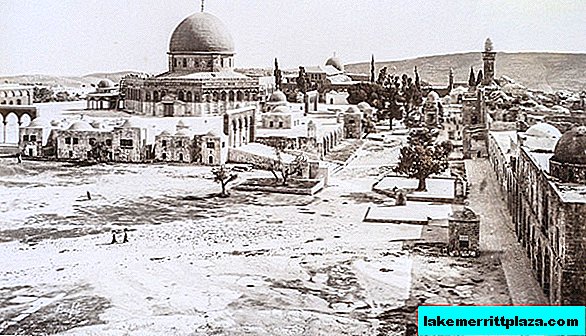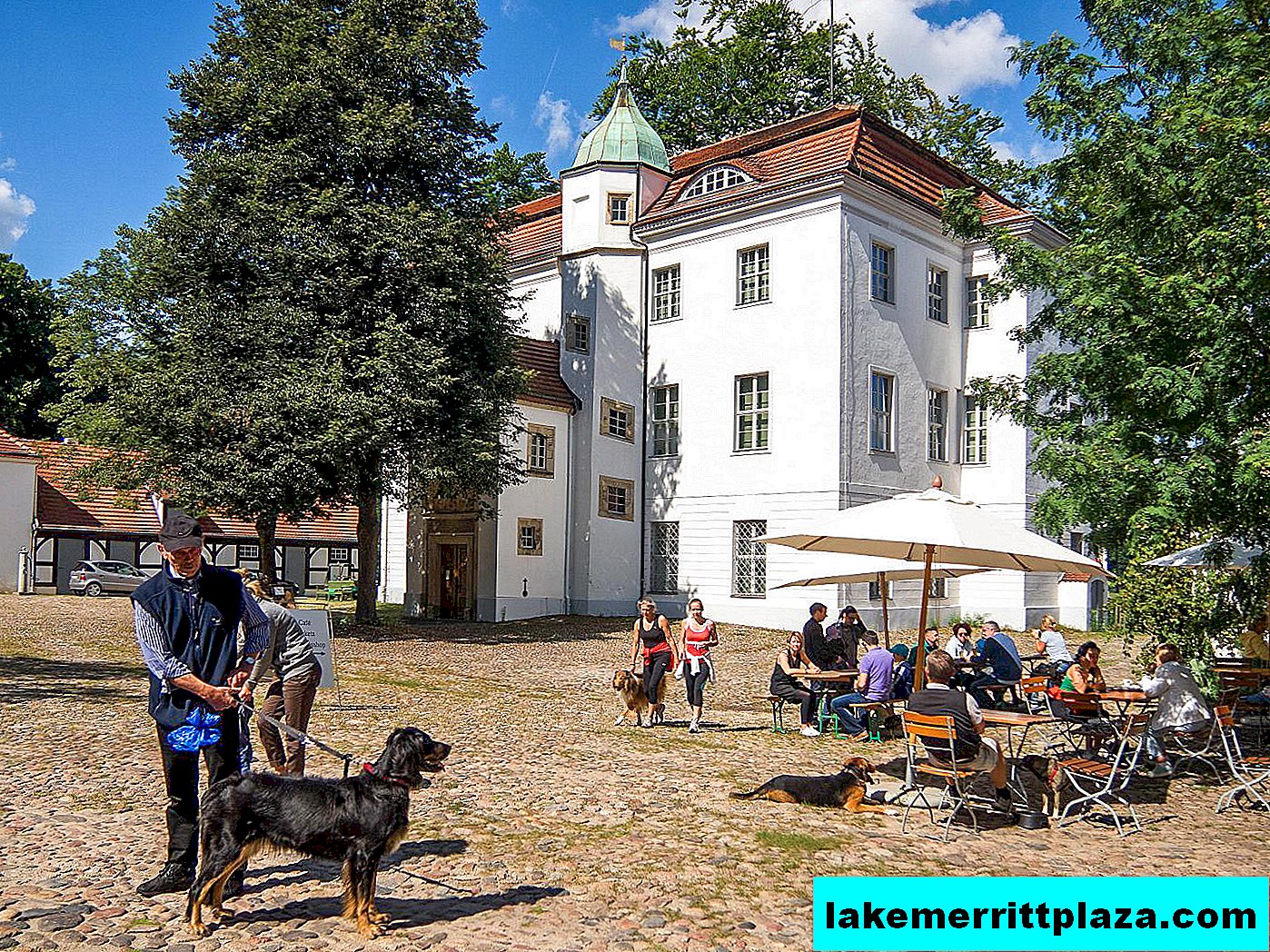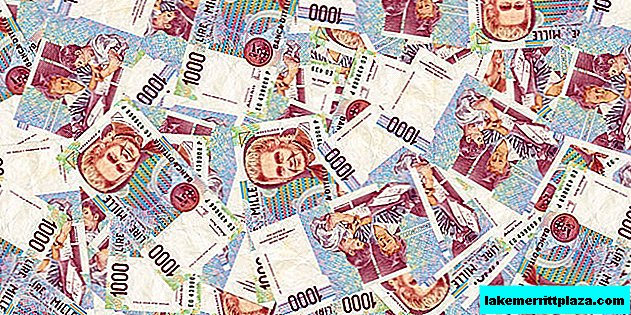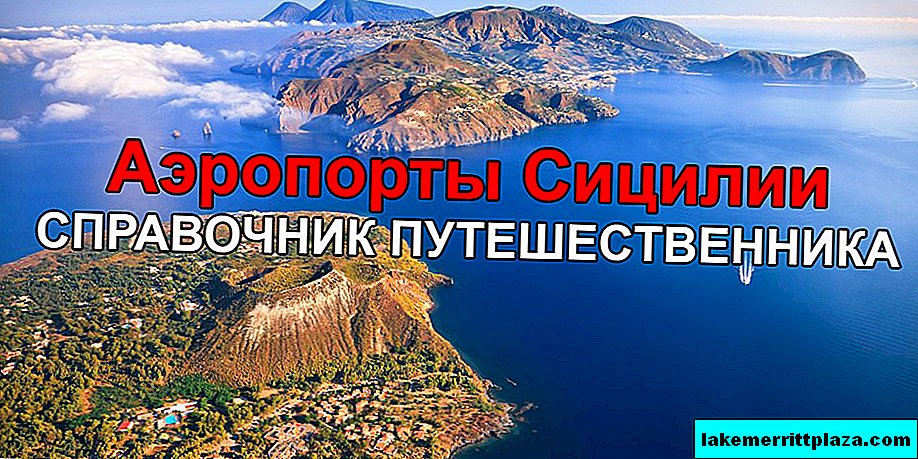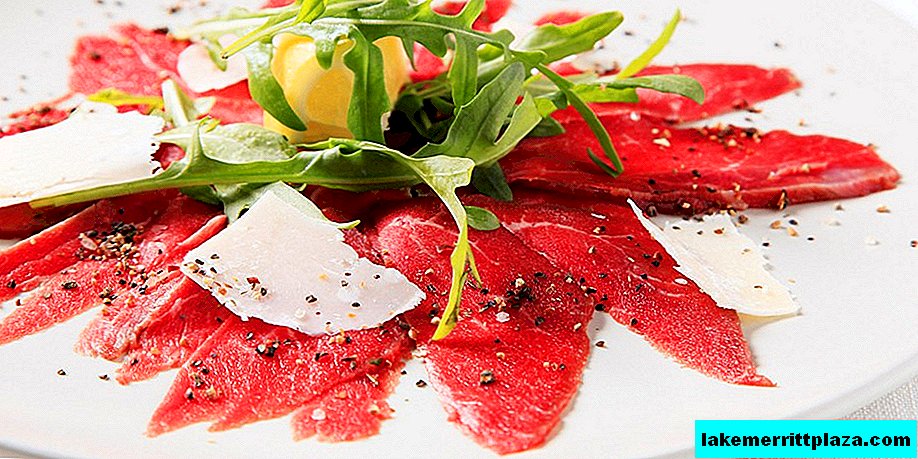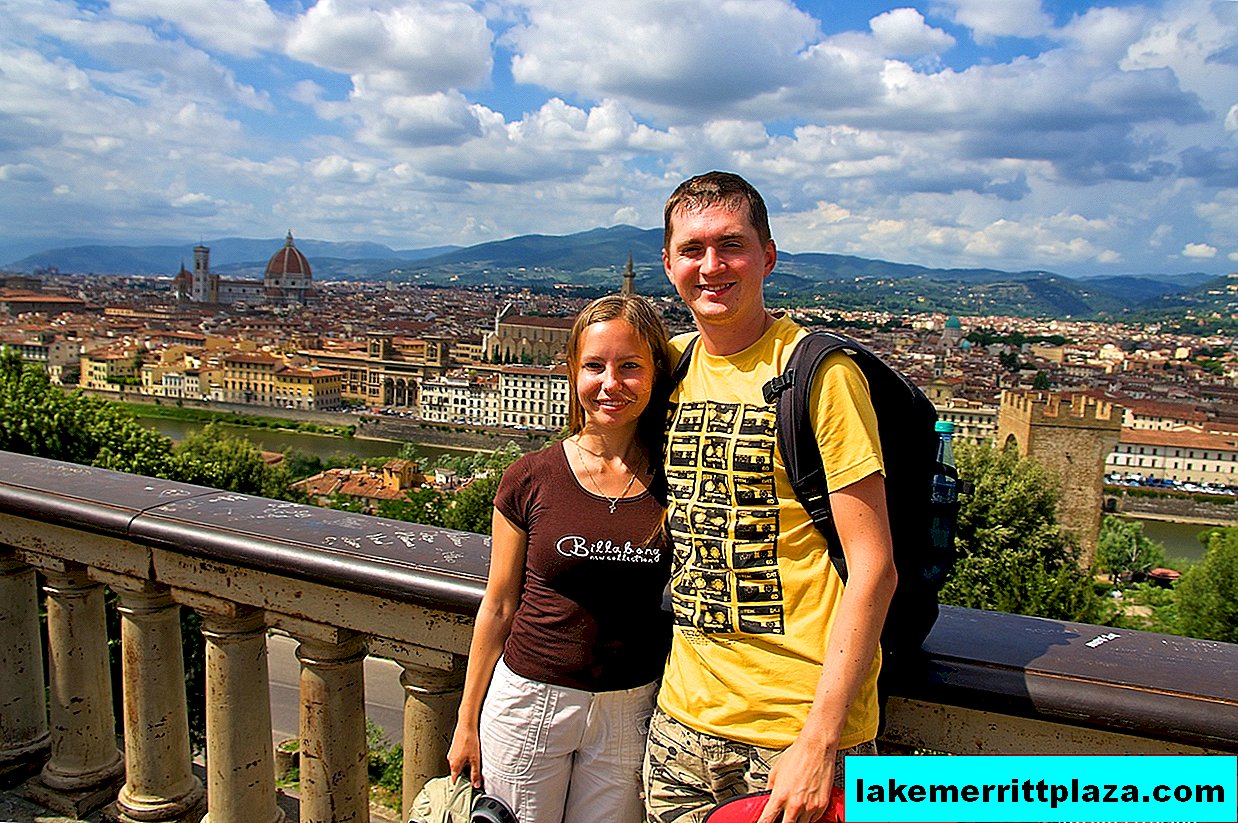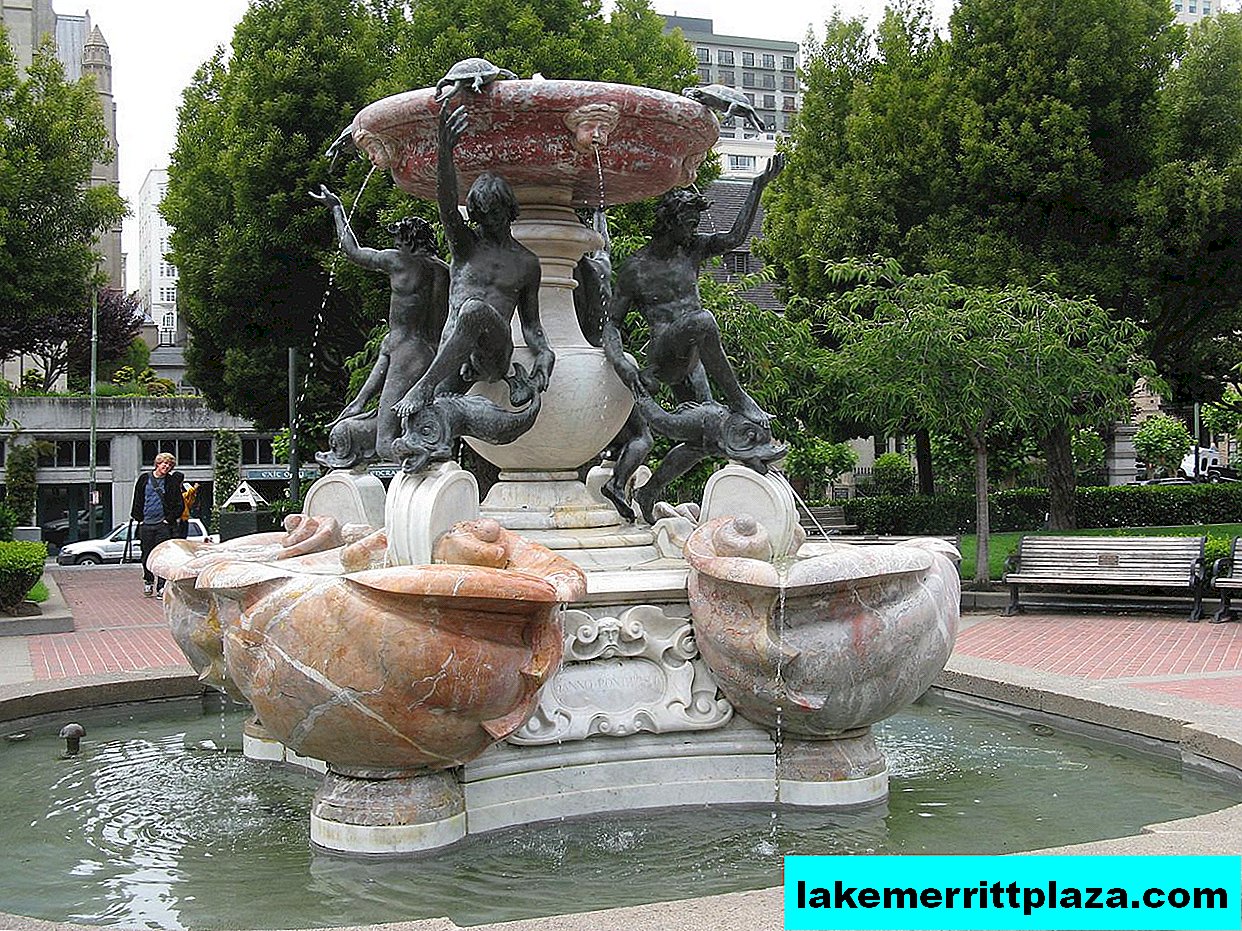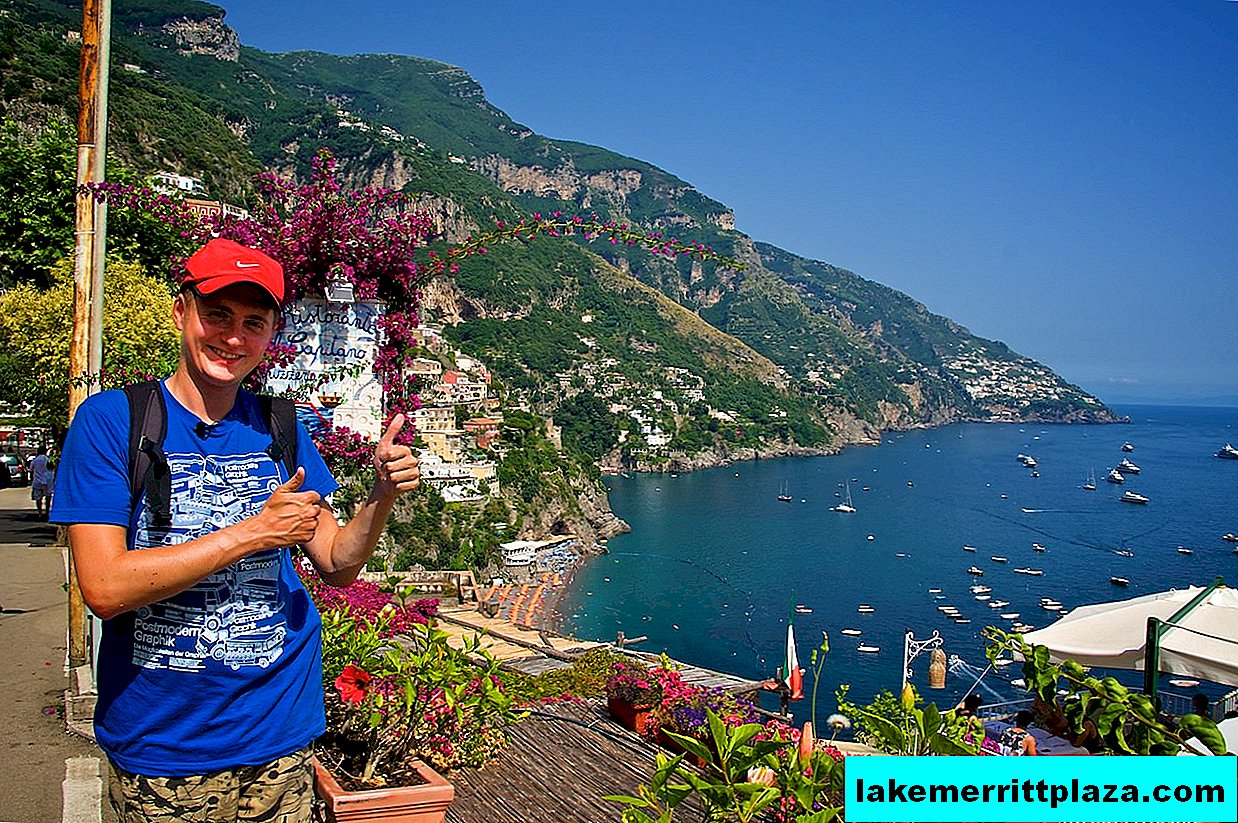Benito Mussolini - Italian politician, leader of the fascist movement, author of articles, prime minister from 1922-43. He began to engage in politics, becoming a member of the Socialist Party, from where he was subsequently expelled.
In 1919 he organized a party of fascists. On October 28, 1922, as a result of the coup, he took power into his own hands and on November 1 he headed the government. He gave himself the authority of a dictator, organized and supported fascist terrorism, was an aggressor in foreign policy, and invaded neighboring states. Together with Germany entered the 2nd World War. In 1945 he was sentenced to death by Italian partisans.

Biography
Benito Mussolini was born on July 29, 1883 in the small Italian village of Varano, near Predappio (his house museum is now located there, 70 km from San Marino). His parents are the blacksmith and carpenter Alessandro and the school teacher Rosa Maltoni. They lived in 3 small rooms on the 2nd floor of a 3-story building. His mother was known as a Catholic believer and because of disagreement of parents on religious grounds, Benito was not baptized in infancy, but at a later age.
My father did not receive an education, but he was always interested in politics and did not recognize theology. He often led meetings, later going to prison, worshiped the revolutionary Bakunin. The father gave the first name to his son in honor of the President of Mexico, Benito Juárez, and the second and third - Andrea and Amilcaré - after the names of the leaders of the socialist party - Costa and Chipriyani. The political views of the father left an imprint on the worldview of his son so much that at the age of 17 he became a member of the Socialist Party.
A married couple could not even think that their first-born would become a brutal dictator, the leader of the Italian fascist party. The Mussolini regime will establish a terrible totalitarian regulation in the country and a time of repression in politics.
Education and Service
The family did not have a surplus of money, however, Benito received his education, despite the difficulties. And it was not even about finances, but about the quick-tempered and unrestrained character of the son, whom he inherited from his father. Because of fights, he was twice expelled from a church school in Faenza, in which he studied from the age of 9. As soon as he entered school, he quarreled with senior students and stabbed one of them. In 1895 he was transferred to another school, where he did not give up his attempt to assert his leadership to his comrades. His cruelty, anger and frequent fights have repeatedly been the cause of communication between Benito's teachers and parents. The gymnasium also had problems. But mother with tears went to the directors of educational institutions so that her son could finish his studies. Somehow he defended his primary school diploma.

In 1902, the young man was to be taken to the service and, on the advice of Alessandra Mussolini, he went to Geneva, Switzerland. He tried to work there as a bricklayer, but quit this activity and began to wander. A big plus for him was the ability to read and speak beautifully, he could explain himself a little in French. In Lausanne, the young man met the scientist Pareto and went to his speeches in classrooms. And the acquaintance with Angela Balabanova and Vladimir Ulyanov Lenin opened up the youth of such political scientists as Marx, Sorel, Nietzsche. Sorel particularly impressed Mussolini, his work on the deprivation of liberal democracy by violence without a moral framework found a warm response in the heart of the young man.
In 1903, the Italian police requested the Swiss authorities to arrest Mussolini who was evading the service. He was deported back and in 1904, after the conviction was paid off, and drafted into the army.
After serving 2 years in Verona and receiving a reward for his service, he returns home.
Teaching activities
While teaching in a village school, at the same time Benito publishes his newspaper, in which he prints his own articles. He already understood that periodicals are an excellent way to convey his ideas to the masses. By publishing articles on the imperfection of bourgeois society, the editor doubles the circulation in a short time. Public political provocations have repeatedly been the reason that he was detained by the police, he even went to prison. All this time Mussolini spoke to the public, honing oratory. So from the “Little Duce” (leader), he gradually turned simply into the Duce.
In Tolmezzo Mussolini already worked as deputy director of the school. The students loved the strange, loud poetry teacher and got along with him. In 1907 he was given the opportunity to teach French, and in 1908 he was transferred to college as a professor. Benito teaches geography, Italian, history.
At the end of 1908, he moved to Forli to his father, where they live, renting a room. His mother died while serving as a young man in the army.
Work as a political journalist
In early 1909, Benito moved to Austria-Hungary (the city of Trento), where he became the head of the Future of Worker diary and the secretary of the Labor Center. His acquaintance with political journalist Cesare Battisti allowed Mussolini to become editor of the newspaper Narod and write the work Cardinal's Mistress. It was published in the People in parts for a year. Later, when Benito made peace with the Vatican, the romance was seized.
In 1910, he came to Forlì, where he worked as editor of The Class Struggle. Mussolini developed the views of the radicalist not as a result of an understanding of the situation, but because of a thirst for self-assertion.
His importance and fame in the party of socialists rapidly grew, thanks to journalistic talent. Without straining, in an accessible syllable, he gave out many articles with lively headlines and exciting topics, he felt what the masses wanted to hear and gave them that.

In 1911, Mussolini organized a protest against the war in Libya, for which he again got problems with public order organs. He is sent to prison for six months. As soon as the prisoner is free, he promotes the expulsion from the party of the socialists Bonomi and Bissoloti for supporting the war. For this he receives the position of editor of the political periodical Avanti, which is still published today. During the editing of Mussolini, the circulation of the newspaper increased 5 times. He again moves to Milan, where at the congress of his party in Emilia he admires the mason's attempt on the king and calls for the same actions in his country. They applaud while standing.
Change of mind
Suddenly, an article by the editor-in-chief about the need to start military operations against Germany appears in Avanti. It says that the actions of the Germans will deprive Europe of freedom and it is necessary to take the side of France. The leaders of the publication asked Mussolini for an explanation, but he began to argue and was deprived of work.
He began traveling around the country with political speeches. Benito Mussolini briefly and colorfully called the German military pirates, and the Austrian military the executioners of the Italian people. He accused the socialists of international egoism and of an inability to understand the people.
Italy began to fight in August 1915, and the speaker went to the service of the Bersaliers, who fought at the Isonzo River. Benito was distinguished by his courage and optimism, but after 3 months he became ill with typhus and ended up in the hospital. In February 1916, he was awarded the corporal rank. Exactly one year later, due to a mine explosion, he was seriously wounded in the leg. The surgeon took more than 40 fragments from the leg of the Duce and 2 of them gave Mussolini a souvenir. Today they are kept in the residence of the leader’s family. After the demobilization of Mussolini to the rear, Austria defeats Italy.
Fascist party
The tragedy of the native people played into the hands of the Italian seeking power. In 1917, angry and tired soldiers became the stronghold of the new party - the “Combat Union” (fashio di combatemento). The Italian sonorous “fascio” gave the name to the most cruel political trend - fascism. Benito understood that socialism had become obsolete and that tough and radical leaders were needed to rule the country.
In May 1921, the Mussolini party, enlisting the support of liberal leader Giovanni Giolitti (35), went to the parliamentary chamber of deputies, and November 7, 1921 the party received a new name "National Fascist Party."
The history of Mussolini went a special way. Fascists from war veterans organized armed units ("black shirts"), designed to restore order in the streets of the country with a strong hand. The socialists, as well as the communists and anarchists, arranged constant clashes with these detachments. The actions of the government practically did not limit the former military and more and more people joined the fascist party. In 1921, Mussolini took a seat in the Chamber of Deputies.
Mussolini's coming to the top of power
Supporters of the Nazis in the number of thousands of organized groups in October, 27, 1922 went to Rome. Government forces could easily stop them, but Victor Emmanuel III refused to declare a state of emergency, fearing a civil war and a government coup.
Emanuel III made the party leader the prime minister. In the evening, they jointly welcomed the Nazis entering the city. On October 30, 1922, the new prime minister completed the formation of the government. Parliament, under pressure, expressed confidence in the newly organized cabinet. Mussolini furnished villa.
April 10, 1923 Mussolini was at a meeting in the Vatican with Cardinal Pietro Gasparri. He makes a promise to rid the country of the Communists and return Christianity in the form of the crucifixion of Christ to schools and courts. As a result of cunning manipulations, the Vatican supports fascism and receives the status of a separate state.
Strengthening Positions
In 1923, according to the new election law, the party that gained 1/4 of the vote received 66% of the parliamentary seats - this gave privileges to the Nazis. When the socialist Giacomo Matteotti tried to expose the falsified election results, he was killed on June 10, 1924.

Deputies of the remaining parties left the parliament and organized the opposition Aventine Bloc. In 1926, they tried to kill Mussolini, an emergency regime was immediately introduced in the country with a ban on all parties except the fascists.The fascist regime of Mussolini established a rigid dictatorship. An order was signed to establish secret police and a security tribunal. New structures were aimed at suppressing all dissent.
The monarch already occupied the throne only symbolically. Mussolini was the head of 7 ministries in almost all power structures. He instilled his cult of personality and held all power in his hands, changing laws for himself and canceling parliamentary elections.
Mussolini Reforms
Far from being a stupid and far-sighted leader, he understood that people alone could not feed with threats and suppression. He began a period of restoration of economic and social life in the country. To reduce unemployment under the Green Revolution, he oversaw the construction of more than 5 thousand farms and 5 agricultural towns. In this regard, the Pontic marshes were drained and occupied. The land reclamation program liberated 8 million hectares of arable land for peasants, where the poorest peasants received land. Hospitals were built in large numbers. He practically eradicated the Sicilian mafia.
Foreign policy
The Problem Mussolini Solved, was the revival of the Roman Empire. He organized the expansion of the armed forces in Ethiopia, the Mediterranean and Albania.

Civil War 1939-39 forced the dictator to support the nationalists, preventing the victory of the communists. General Francisco Franco Bahamonde was also supported by Adolf Hitler, who began to draw closer to Mussolini in 1936. 1939 was the year of the signing of the union of Germany and Italy, according to which the latter became a participant in the World War from June 10, 1940. The Italian military participated in the capture of France and attacked the British colonies in Africa, after which they entered Greece.
Soon the anti-Hitler coalition launched an offensive on all fronts, Italy had to retreat, losing ground. In 1943, Britain entered Sicily.
The overthrow of the dictatorship

Hitler and Mussolini were defeated. The people drawn into the war blamed their prime minister for everything. He remembered all the aggressive and unlawful actions. As a result, the leader of the Nazis was arrested by his own comrades-in-arms and sent him to custody in the mountains. The Germans stole Mussolini and entered Italy. In April 1945, the dictator tried to leave his homeland, but was captured by the partisans and shot along with his mistress, Clara Petacci.
Family

Mussolini's first wife was Ida Dalzer in 1914, she gave birth to his first-born Benito Albino. The son and wife died in a clinic for the mentally ill, the dictator made sure that no one knew about them. Some time after the birth of his first son, in 1915, Mussolini formalizes his relationship with Rakele Gaudi, his mistress since 1910, who gave him 5 children. Throughout his life he had many lovers and fleeting connections on the side.
Interesting Facts
- From 4 years old the boy already read on his own, and from 5 years old he played the violin.
- The dictator was committed 6 assassination attempts, none of which were successful.
- Duchi was engaged in skiing, running, motor sports, swimming, often went to football.
- Parents of the first wife did not give consent to the marriage, while Mussolini did not threaten them with a gun.
- Once a shell exploded in a trench killed six Benito fellow soldiers. He was also with them, but remained alive.

